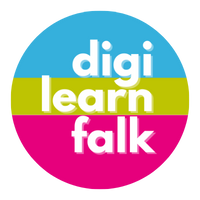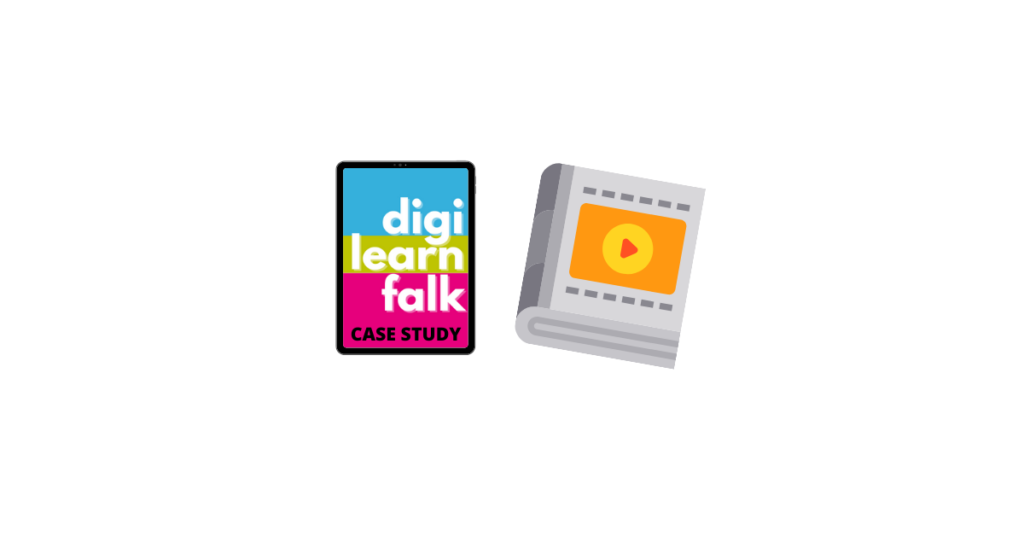Pupil Voice
“I like looking back through all our learning and we can still look at it this year too.”
“I loved seeing other people’s work on the board.”
“I enjoyed making up my own animals and making them talk on Chatterpix.”
Where next?
“Due to the success of the initial test of change, this has now become an integral part of our School Improvement Plan. All classes are now using digital floor books to evidence IDL, and our Primary 1 teachers are also using them to document literacy, numeracy and discovery learning. Our P6 and P7 pupils are using digital floor books to record their personal learning journeys too. The floor books are also a collaborative tool across stages and useful to pass on to future teachers so that it is clear what the pupils have covered, allowing for coherence in learning. We are looking at ways that we may be able to share these with parents and carers in the future, which may mean that we explore different platforms for creating the floor books.”



 Screenshots have been inserted from a Padlet activity finding out what learners already know and what they want to find out about the Titanic from the beginning of the topic.
Screenshots have been inserted from a Padlet activity finding out what learners already know and what they want to find out about the Titanic from the beginning of the topic. Photographs of pupil physical work have been added alongside the relevant CfE Experiences and Outcomes statements linked to this particular learning activity.
Photographs of pupil physical work have been added alongside the relevant CfE Experiences and Outcomes statements linked to this particular learning activity.  Learners have made iMovie advertising films to show their understand if persuasive language. These have been airdropped to the teacher who has collected them all across a few pages of the Digital Floorbook.
Learners have made iMovie advertising films to show their understand if persuasive language. These have been airdropped to the teacher who has collected them all across a few pages of the Digital Floorbook.